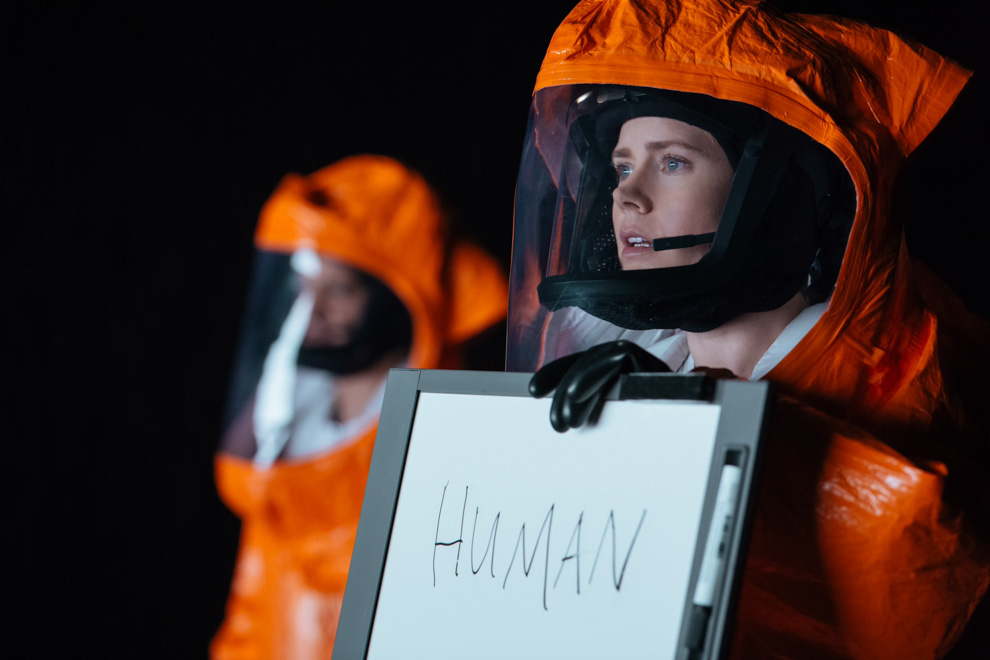In September, a 13-minute YouTube video about movie scores went viral. A bit more substantive than your average fare of whimsical cats or infants, the 4-million-view video, titled “The Marvel Symphonic Universe,” asked an important question: Why can’t you remember any orchestral theme from the Marvel movies? While the 14 movies of the Marvel Cinematic Universe have made billions upon billions of dollars at the box office, and have spawned untold hordes of merchandise, they haven’t managed to have a single memorable tune attached to them. And the most damning thing about that is that you probably didn’t notice the dearth of recognizable Marvel music until someone pointed it out to you.
In fact, the distinctive blockbuster orchestral score is somewhat of a dying art. Nowadays, big movies tend to use pop songs, either written for the film or repurposed from the annals of pop history, to fill the roles orchestral themes would have filled in decades past. This is certainly a lucrative strategy — Pharrell’s “Happy” and Wiz Khalifa’s “See You Again” are just two of the many pop hits originating from movies in recent years, and the soundtrack to “Guardians of the Galaxy”, consisting only of radio hits from the ’70s and ’80s, sold more than a million copies in the US — but these pop songs are more easily divorced from the films they’re linked to. Even when modern movies let the orchestra carry their musical burdens, the songs composed frequently sound very similar between different films. They take the easy route to emotional resonance, playing exactly the score we expect.
This is all to say that I was pleasantly surprised when I heard the score to “Arrival.” I was even more surprised when, three days later, I was still thinking about that same score more than anything else from the film. This isn’t a knock on the quality of the film itself — it’s perhaps my favorite movie that’s come out this year, and it’s the rare piece of sci-fi filmmaking that balances complex concepts and emotionally-affecting storytelling well. Yet there’s something about its score that stands out even in the context of a great film. While most scores act as mere window dressing to the greater work, “Arrival”’s score conveys the same general points about the work in parallel to the rest of the film, speaking the same sentences in a different language.
Jóhann Jóhannson’s score is a startling thing. Instead of the typical full orchestra used in most soundtracks, or even the more rock-influence ensembles used in some modern action scores, like Hans Zimmer’s work on “Batman v. Superman”, Jóhannson’s instrument of choice is the human voice. To help convey the film’s themes on language and communication, Jóhannson enlisted the help of international vocal ensemble Theatre of Voices. On tracks like “Heptapod B,” the sheer strangeness of the arrangement strikes you immediately — where other composers would build tension with violins and cellos, Jóhannson instead floods the track with wordless choruses and chants, creating a piece that sounds like some otherworldly ritual. Even when the score is more traditional in arrangement, it doesn’t ever feel conventional in sound. Like his work on the score for “Sicario,” Jóhannson’s score is tense, spare and, for lack of a better word, creepy. Neither “Sicario” nor “Arrival” is a horror movie per se, but both are nerve-wracking experiences. “Arrival” is able to wring tension out of a plot based around linguistics and neuroscience, and its score is a major reason why that works.
Of course, a movie’s score is inherently tied to the film it was written for, so this review isn’t a recommendation to go and listen to “Arrival”’s score on its own, without having experienced it in the context of the greater film. Instead, I write this in recognition of the rare feat “Arrival” and its score have accomplished. In a filmmaking landscape where scores grow ever-more homogenized, “Arrival” manages to stand out sonically.
Contact Jacob Kuppermann at jkupperm ‘at’ stanford.edu.
